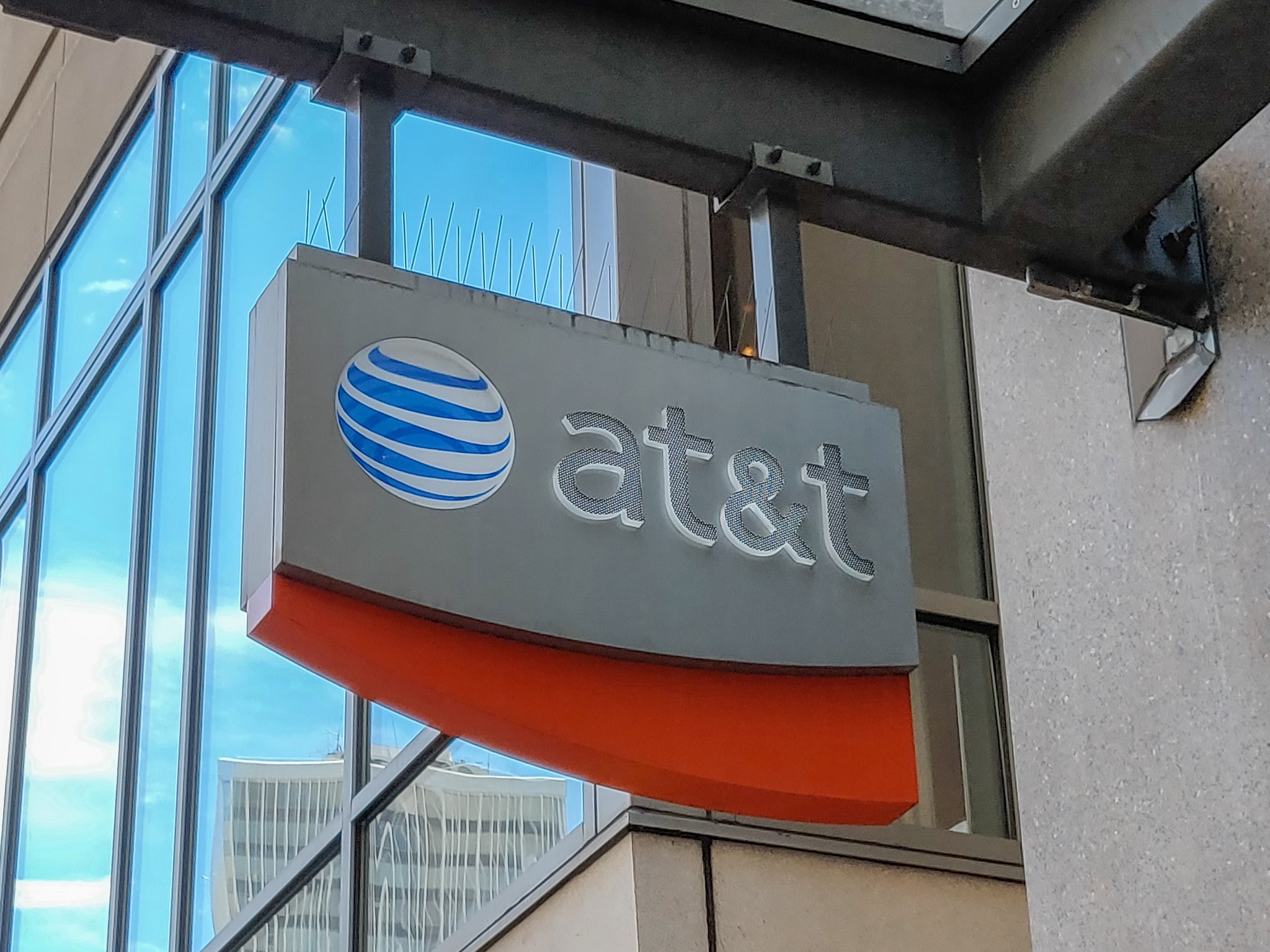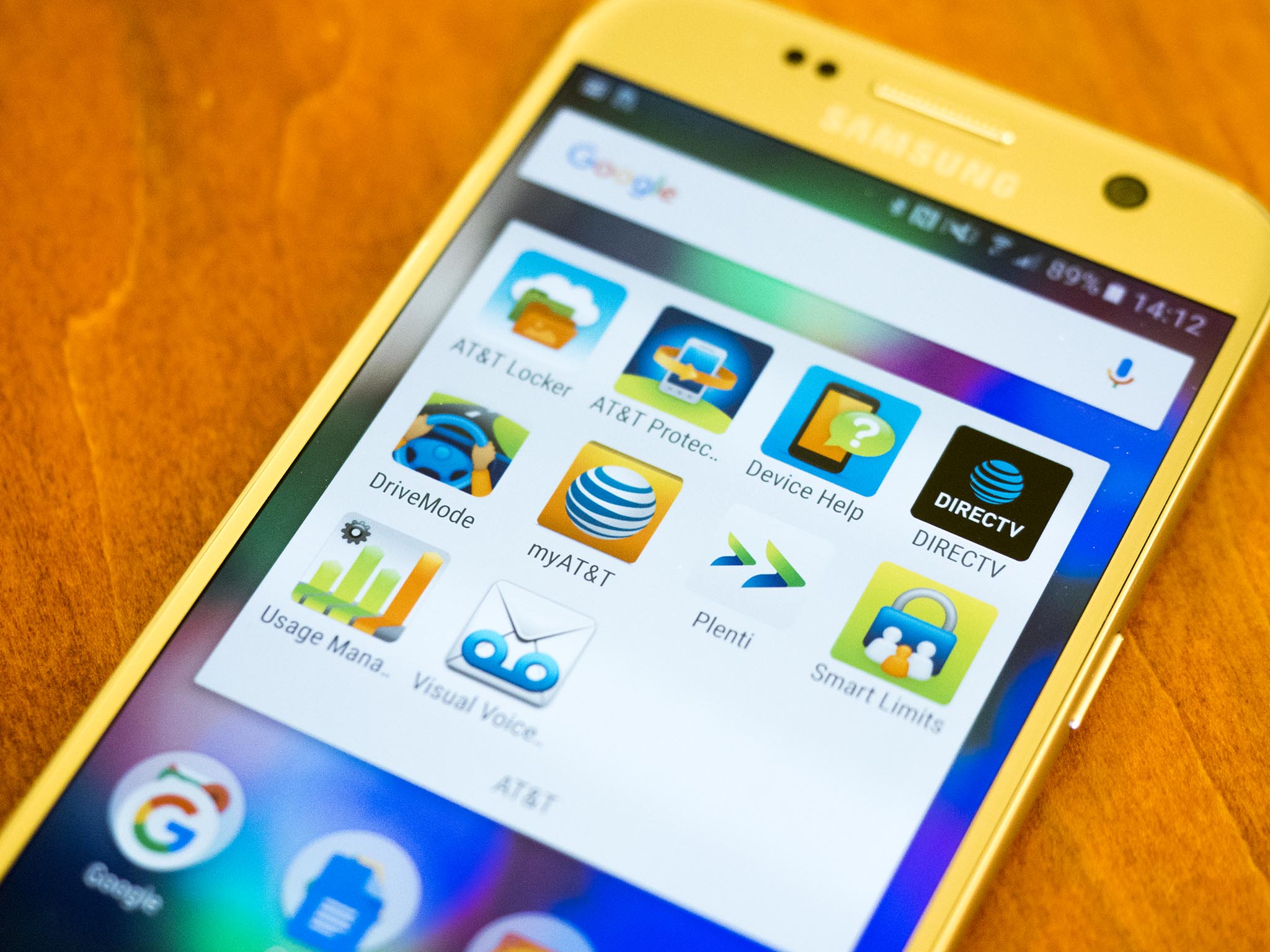At some point we should expect a reduction in the cost of service in exchange for this data.
With pressure from T-Mobile and some prepaid offerings, U.S. carriers have consistently upped their data offerings in the past few years to provide a pretty good value for your money — that is, compared to the vastly expensive per-gigabyte pricing we had before. Now, despite having lots of unlimited plan options, people spend more per month on cell service in the U.S. than most countries in the world. If you go to one of the big four (soon to be three) carriers, you can easily spend $70 per month on a basic plan — but you're more likely spending upwards of $100.
That's just insane on the face of it, and it's enough to make people consider using a prepaid carrier or cutting back on extra plan features. But the cost is even more absurd when you think about how much value the carrier derives from you simply using your phone every month. You see, the carrier isn't just in the business of profiting off of data services and phone sales — it's selling your personal data, too.
Being interviewed at Recode's Code Conference, AT&T CEO Randal Stephenson was surprisingly candid about the reasoning behind AT&T's $85 billion merger with Time Warner: it's not about the content, it's all about the advertising potential.
We all know how Google and Facebook coordinate massive troves of data to pinpoint advertising to specific groups and, more importantly, specific people. It's the holy grail of advertising — knowing that you're spending money to target someone who has a dramatically higher chance of being converted into a customer. AT&T wants to do the same thing, but for broadcast TV advertising — an area where ads are by comparison not particularly targeted or expensive.
AT&T wants to charge you $100 per month for cell service, and still sell your personal data to advertisers.
You see, AT&T feels it's uniquely poised to charge advertisers more and deliver networks better-targeted ads because it simply has one of the most comprehensive and direct streams of customer data: your phone and your home internet connection. AT&T knows how you spend your time on your phone, and in many cases your home computer and TV. Stephenson said that AT&T has "great customer insight," and posited that the big question is, "Can you pair a very formidable ad inventory with a very formidable amount of data, information on the customer, viewership data and all other kinds of information, and can you create something unique?" By merging with Time Warner, AT&T can take all of that customer information and deliver ads through its cable provider (and don't forget AT&T also owns DirecTV) that are targeted to specific people — just like Google and Facebook do online.
Stephenson continued, "Where we use the data that I'm talking about, we monetize the advertising at three to five times what is done on just a traditional TNT, TBS, and so forth." To say he's bullish on the idea would be an understatement. And when you see how much data these carriers have on their customers, and how they plan to (and currently do) use it to make even more money on the backend, it becomes reasonable to start asking for some reduction in monthly costs on the customer side.
This transaction makes a lot more sense when it's something like Google's services, where you get all of these great things for free and in return the company collects usage data to bundle up and sell ads against. But in the case of the U.S. carriers, it just feels ... dirtier. Not only are you paying for the service, sometimes to the tune of $100 per month or more, but the carriers are also taking all of your usage and location information and selling ads against it. At some point, this model has to break down, right?
I think it's foolish to expect that the carriers will stop aggregating and selling usage data — we're probably past the point of return on that one. But we can at least start to expect the economics to work out where consumers aren't paying such a large amount to a company that also profits further off of their personal data.
Now, a few more random thoughts:
- I'm seriously impressed with how much the OnePlus 6 camera improved over the OnePlus 5 — low light shots in particular took a huge leap.
- I'll be posting my full OnePlus 6 vs. Galaxy S9+ camera comparison this week, but for as far as the OnePlus 6 has come it's not quite on par with the GS9+'s great camera — particularly in low light.
- This coming week we'll see the BlackBerry KEY2, which is launching in New York on June 7. I'm excited to see it — the KEYone was cool for its keyboard, but the rest of the phone experience needs to step up a notch (or two) to not feel so compromised.
- You may have noticed we didn't release a podcast this week — apologies, hectic schedules kept us from being able to put one out. We'll be (sort of) back on schedule soon.
-Andrew
from Android Central - Android Forums, News, Reviews, Help and Android Wallpapers https://ift.tt/2sDPm6e
via IFTTT



No comments:
Post a Comment